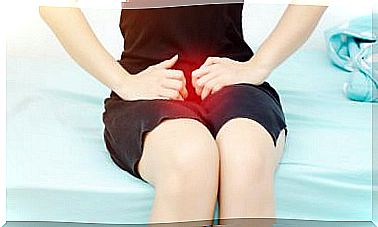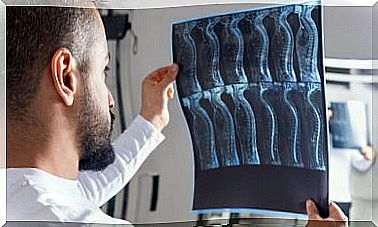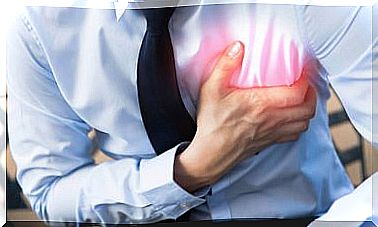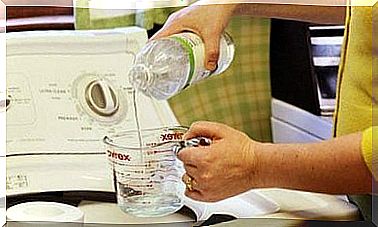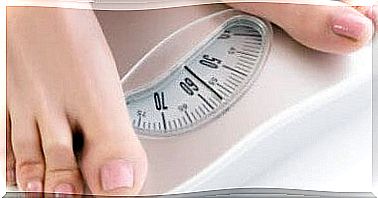Reasons Why You Are Very Thirsty
Sometimes, like when it is hot, it is normal to be very thirsty and want to drink more water than usual. Now, when the thirst becomes insatiable, it is likely that there is some health problem left unattended.
Next, we will tell you what the reasons behind that insatiable thirst may be and why it is recommended that you go to the doctor for a check-up and tell you what you can do about it.
Why are you very thirsty? Discover the reasons
Having an insatiable feeling of thirst is normal when the body loses fluids. However, if the symptom is recurrent and appears even if you drink enough water, you have to evaluate if it may be warning any of the following conditions.
Mellitus diabetes
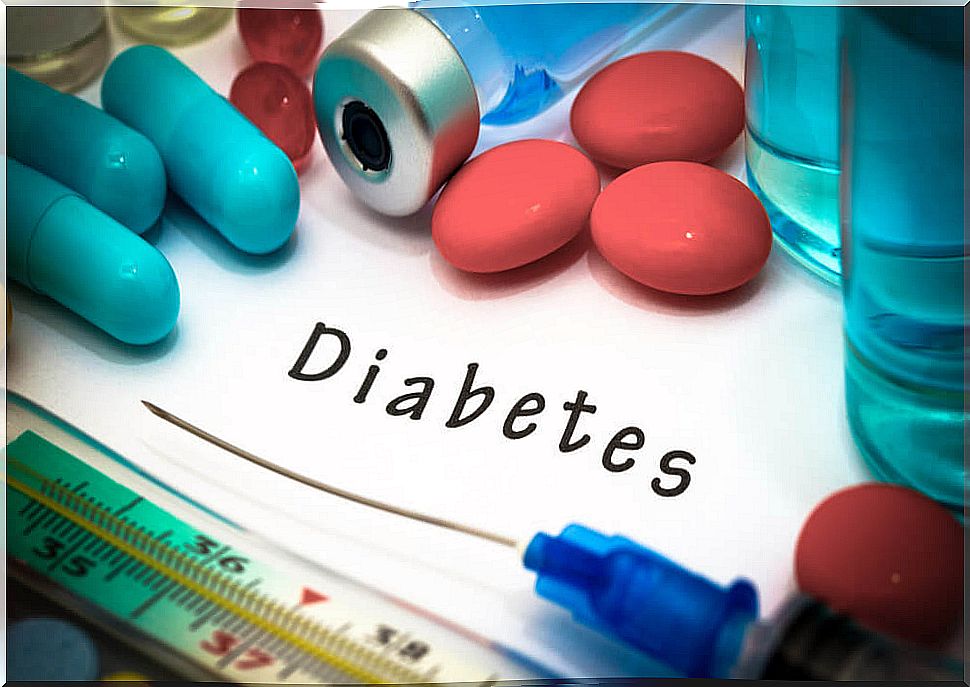
Being very thirsty and constantly wanting to urinate can be a red flag for diabetes, either type 1 or type 2. To understand this, keep the following in mind:
- In both type 1 and type 2 diabetes, the accumulation of glucose forces the kidneys to work harder. The purpose of this is to filter and absorb excess sugar from the blood.
- If your kidneys can’t keep up, this excess sugar passes into your urine along with fluid drawn from your tissues, and can cause you to become dehydrated.
- As you will spend your time drinking more fluids to quench your thirst, your body will produce more urine.
- Then, you will fall into a vicious cycle until blood sugar levels are controlled.
Diabetes insipidus
Despite its name, it has nothing to do with type 1 or type 2 diabetes. This disease is related to disorders of the antidiuretic hormone: vasopressin, or its receptor. This problem causes frequent urges to urinate.
By removing fluid from the body, the need for fluid replacement increases. It’s like diabetes mellitus, it creates a vicious cycle and, if not treated properly, it can cause serious kidney problems.
Dehydration

Dehydration is one of the main reasons why a person can be very thirsty. This can happen when a person sweats excessively and forgets (or delays for a long time) fluid intake.
When you sweat excessively or suffer from some symptoms (such as vomiting or diarrhea) your body loses fluids. This can lead to:
- Thirst.
- Lack of energy and cramps.
- Dryness in the lips and the mouth.
The above symptoms are common in moderate dehydration. On the other hand, when dehydration is severe you will present:
- Trouble urinating
- Very rapid breathing.
- The skin will lose elasticity.
- Blood pressure will drop.
- The heart will beat fast.
- Loss of consciousness
In these circumstances, seek immediate medical help.
Primary hyperaldosteronism
This is a disease that causes some cases of hypertension. There is a hormone that is produced in the outer part of the adrenal gland, called the adrenal cortex. Its function is that the kidneys retain sodium and release potassium .
However, if you have low potassium levels in your blood for a period of time, it will cause your kidneys to be resistant and insensitive to the hormone. This causes you to need to urinate very often and feel very thirsty.
Sepsis (or septisemia)
Sepsis is a life-threatening organ dysfunction, resulting from a dysregulated immune response to a suspected infection. That is, it is the result of an imbalance of the immune response, due to an infection (caused by fungi, bacteria, viruses or parasites).
It has several symptoms, including fever, which leads to dehydration and, rather than causing great thirst, making the need to replace fluids urgent.
Psychogenic polydipsia
Some psychiatric disorders, especially schizophrenia, can cause excessive thirst, and when this occurs, it is known as psychogenic polydipsia.
You still don’t know the exact reason for this condition. What is known is that it is characterized by a compulsion to drink large amounts of water. If left unchecked, they can develop seizures or go into a coma.
Although drinking water is vital, a high volume severely reduces sodium levels in the bloodstream. Therefore, it is recommended not to exceed 2.5 liters of water per day.
Insolation
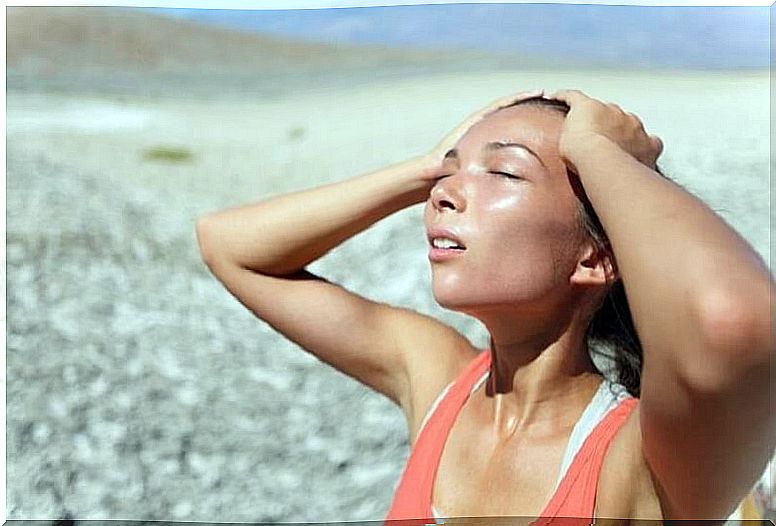
Heatstroke occurs if you spend a long time in the sun or have been exposed to intense heat at temperatures exceeding 39 ° Celsius or more. Despite the heat, you don’t sweat and your skin will feel dehydrated.
As a consequence, you feel that you are very thirsty and you can perceive a dry mouth. Also p You may have various symptoms such as:
- Dizziness
- Cramps
- Seizures
- Confusion and irritability.
- Loss of consciousness
Heart failure
Heart failure is the inability of the heart muscle to provide the necessary blood volume (per minute) to meet the demands of the entire body. Therefore, it can make you very thirsty.
You’re very thirsty? Consultation with the doctor
If you notice dry mouth even when you have consumed water and other refreshing beverages throughout the day, there may be a health reason behind that needs to be addressed, therefore, do not rule out the medical consultation.
Keep in mind that the reasons why you feel very thirsty are varied and it is not always easy to identify the exact one. On the other hand, stay calm, keep in mind that some are not serious and can be solved, while others require more attention, but the doctor is the one who will advise you best in this regard.
